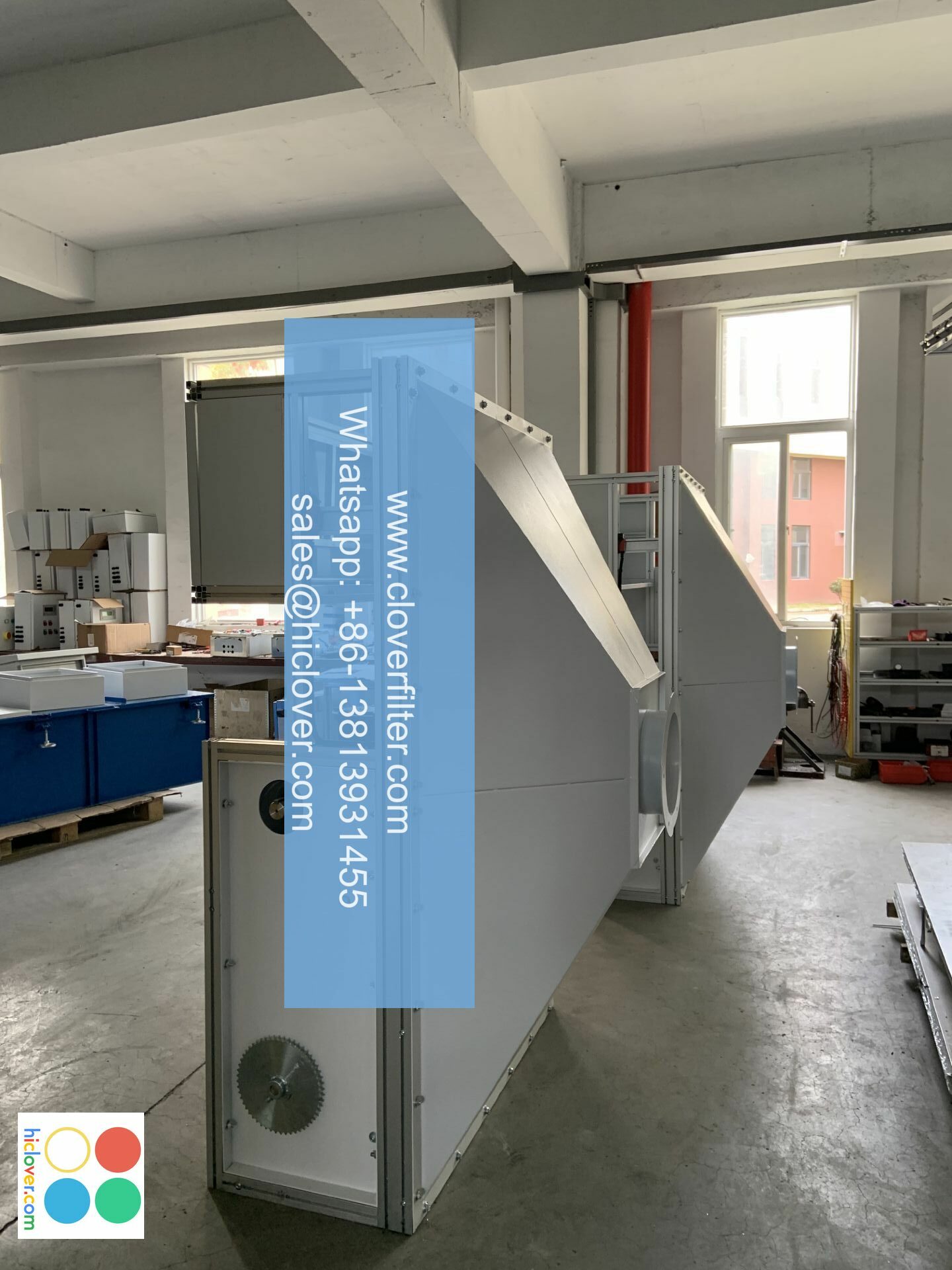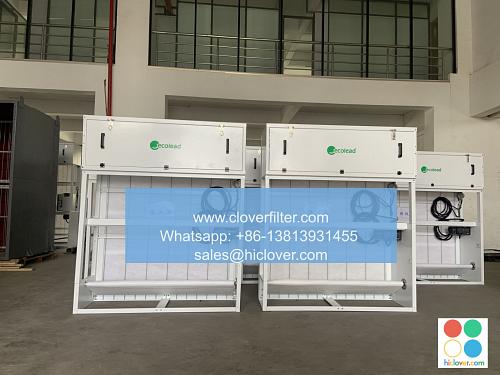Air Filter Tips for Reducing Energy Waste

Proper air filtration is crucial for maintaining a healthy and energy-efficient indoor environment. A well-designed air filtration system can help reduce energy waste, minimize the risk of airborne pollutants, and create a comfortable living or working space. In this article, we will discuss various air filter tips for reducing energy waste, improving indoor air quality, and highlighting several key application areas, including HVAC systems, air purification systems, and industrial air filtration systems.
Understanding the Importance of Air Filtration
Air filtration plays a vital role in maintaining good indoor air quality by removing airborne pollutants, such as dust, pollen, and other particles. A good air filtration system can help reduce the risk of respiratory problems, allergic reactions, and other health issues associated with poor indoor air quality. Furthermore, a well-designed air filtration system can also help reduce energy waste by minimizing the load on heating, ventilation, and air conditioning (HVAC) systems, which can lead to significant energy savings and a reduction in greenhouse gas emissions.
Air Filter Tips for Reducing Energy Waste
Here are some air filter tips for reducing energy waste and improving indoor air quality:
* Regular Maintenance: Regularly cleaning or replacing air filters can help maintain optimal airflow and reduce energy waste.
* Filter Selection: Choosing the right air filter for your specific application can help minimize energy waste and improve indoor air quality. Consider factors such as filter efficiency, airflow rate, and filter size when selecting an air filter.
* Air Filter Upgrades: Upgrading to a high-efficiency air filter can help reduce energy waste and improve indoor air quality.
* System Optimization: Optimizing your air filtration system to work in conjunction with your HVAC system can help reduce energy waste and improve overall system performance.
Application Areas for Air Filtration
Air filtration systems have a wide range of applications, including:
* Residential Air Filtration: Improving indoor air quality and reducing energy waste in homes and apartments.
* Commercial Air Filtration: Maintaining good indoor air quality and reducing energy waste in office buildings, schools, and other commercial spaces.
* Industrial Air Filtration: Removing airborne pollutants and reducing energy waste in industrial settings, such as manufacturing facilities and warehouses.
* Healthcare Air Filtration: Maintaining sterile environments and reducing the risk of airborne infections in hospitals and other healthcare facilities.
Benefits of Proper Air Filtration
Proper air filtration can have numerous benefits, including:
* Improved Indoor Air Quality: Reducing the risk of airborne pollutants and improving overall indoor air quality.
* Energy Savings: Minimizing energy waste and reducing the load on HVAC systems.
* Increased Comfort: Creating a comfortable living or working space by removing airborne pollutants and maintaining optimal temperatures.
* Reduced Maintenance: Minimizing the need for costly repairs and maintenance by reducing the risk of airborne pollutants and energy waste.
In conclusion, proper air filtration is crucial for maintaining a healthy and energy-efficient indoor environment. By following these air filter tips and considering various application areas, you can help reduce energy waste, improve indoor air quality, and create a comfortable living or working space. Remember to regularly maintain your air filtration system, choose the right air filter for your specific application, and optimize your system to work in conjunction with your HVAC system. You haven’t asked a question or provided a prompt for me to respond to. Please go ahead and ask your question, and I’ll do my best to provide a helpful and direct answer.

